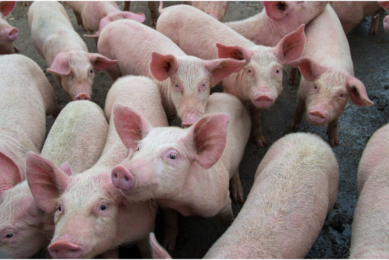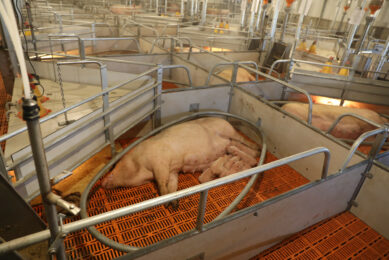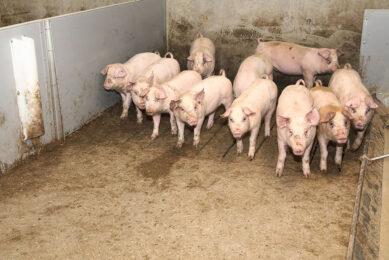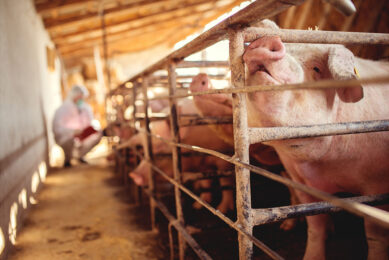Precision Livestock Farming – a scandal or a blessing?
In many countries in the developed world, the phenomenon of protest movements can be observed in a lot of different industries. As soon as a society and its business mature, so do openly questioning, criticism and pressure.
Ongoing industrialisation has eventually led to concern for the environment; growing nuclear energy production revealed its downsides and led to an increased demand to wind and solar energy; and explosive demand to wood led to protection of the rain forest.
Agriculture is in the middle of a similar development. Severe, sometimes justified criticism is already known in various countries in Western Europe, USA, Canada, Australia, New Zealand. Livestock production is described as factory farming with no respect for animals; its carbon footprint would be unnecessarily high; it is said to cause heavy pollution; disease pressure is claimed to rise enormously; an ‘excessive’ use of antibiotics makes bacteria resistant; and some simply say mankind is not allowed to kill animals for their food.
Abundance
It is likely that increasing amounts of people will start to think this way. This is likely because more people will live in relative abundance in the future; and because agriculture will continue to develop, creating more opposition as well. Often, the opposition knows what it wants – they are well-organised, full of ideas and emotion, know their way to the media and know how to attract more souls by providing plenty of ammunition for their side of the story.
Up until now, the agricultural world mainly managed criticism by either well-meant, protective reactions (‘There is no scientific proof antibiotic usage leads to resistance in humans’) or by simply remaining silent. Often, the thought seems to be: “If we shut up, the storm may pass.” Agricultural observers interpret this as ‘secrecy’.
In both cases, however, the weakness of communication in agriculture has become clear: The livestock industry prefers reacting or even dodging rather than leading. If there is any communication – it happens in their own circles.
Change
There is one important reason to change this. In 2050, in total 9 billion people will need to be fed on Planet Earth. Even when some have turned vegetarian, a very large majority will want to consume meat from time to time. This meat has to be produced, and it’s got to be done by somebody, somewhere. Producing meat is not a luxury, nor is it wrong. Taking into account modern legislation and good care for the animals – it ought to be something to be proud of.
With new technologies such as Precision Livestock Farming appearing on the horizon, it seems logical that the agricultural world would start to think about a more active and positive approach to present itself. What is needed is knowledgeable people in the industry who know the press, who know what they are looking for and know how to use modern Web applications to their advantage.
New chapter
It is time to present this part of livestock production as a new chapter, to step out into the sun, explain the story wherever it can be told – rather than wait for protest groups to denounce the new technologies as Factory Farming Science. It is time to inform members of the public how animals are produced, why they are produced the way they are – and how the industry is constantly striving to improve this.
With modern technology and knowledge, the livestock industry can be proud. And pride is what is needed when stepping into the public arena. Obviously – not everybody can be convinced – expect strong opposition, criticism and setbacks. However, if agriculture opens up, and tells its own side of the story, it has won one major victory, as it can communicate on its own terms.
This is a summary of a presentation, given at the second Bio-Business event, September 6, in Brussels, Belgium.











